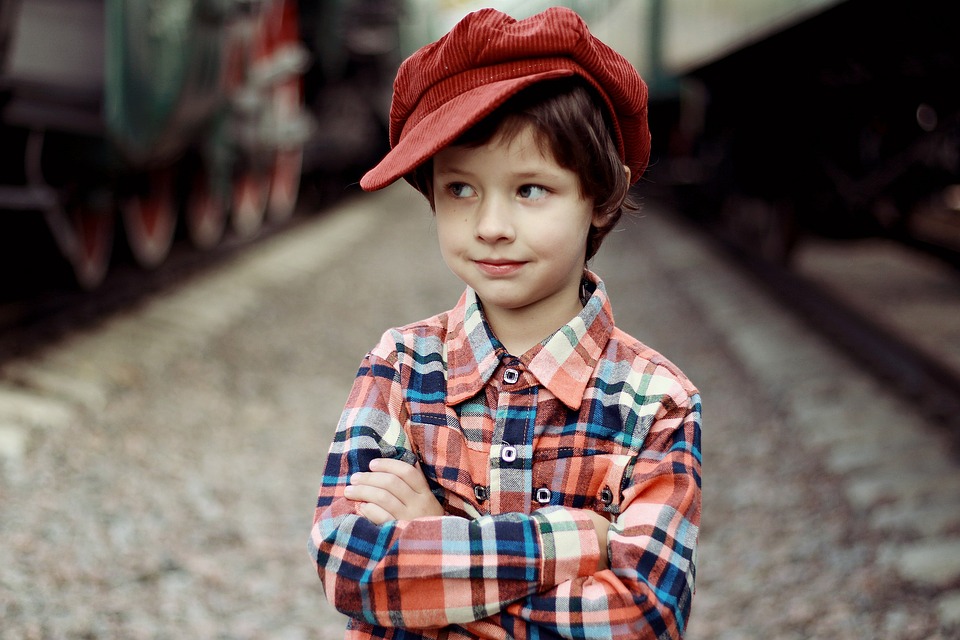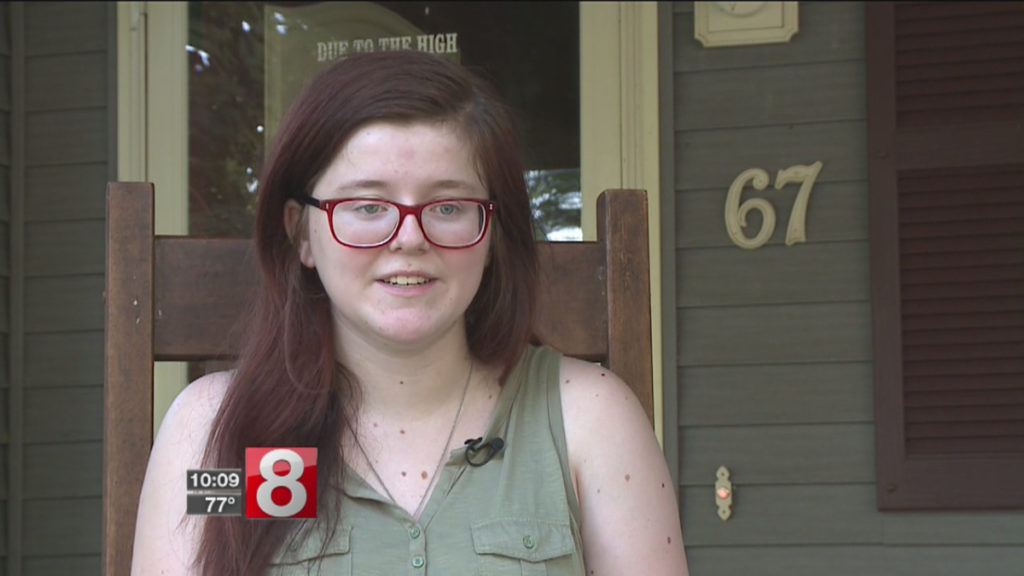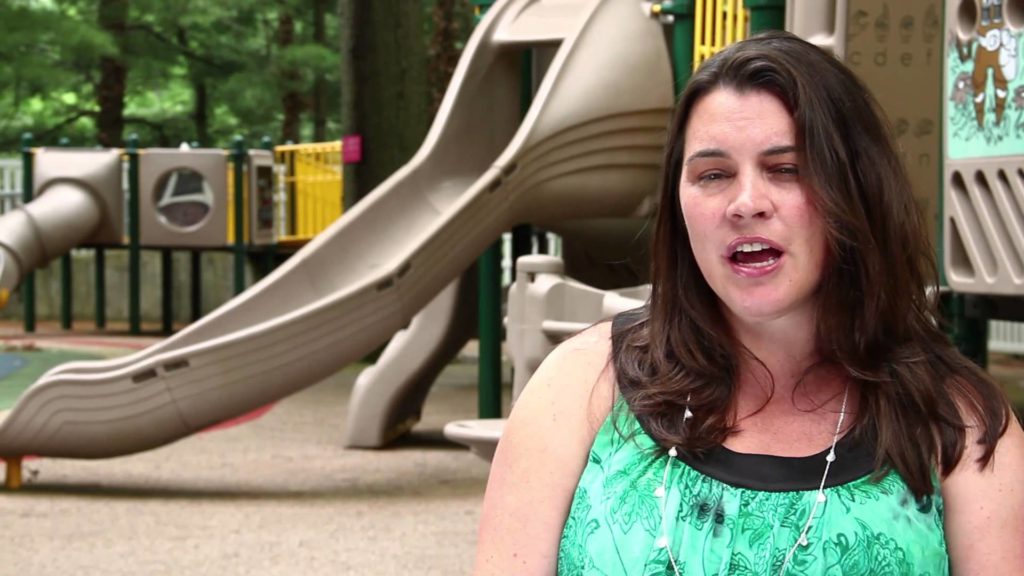
Childhood disintegrative disorder
Dylan started life as a typical baby, meeting his milestones for walking, talking, and other markers of normal development. In a home video from when Dylan was about 3, he climbs, bursting with energy, on the couch and pretends to read aloud from a picture book. His conversation is animated as he talks about the book with his father, who is recording, and he speaks in full sentences. In kindergarten, his parents noticed some language delays, and Dylan received special education support, but his mother, Kim Covell, saw him as “just a quirky kid.”
That changed at the end of third grade. Dylan entered a period of intense anxiety that lasted nearly six months. In a video from this phase, he frantically paces his living room, shaking his hands, scratching his shoulders, repeating over and over, “I’m upset. … I don’t like it. … oowww, it hurts. … I’m scared.” He scratches under his shirt, giving the impression he wants to crawl out of his skin. “He cried all the time,” Covell recalls. “I’m convinced when he was looking at me, he was seeing a distorted version of me.” As this phase of terror ended, Dylan started new, dangerous behaviors. He jumped from high places and darted into the road. He developed tics and licked surfaces. Then he slowly ceased talking, began to lose vocabulary, and used simpler sentences. When his scores on his developmental evaluations dropped in every single area, his family convinced his school to get him evaluated at the Yale Child Study Center (YCSC).
In advance of the visit, Covell shared the videos of Dylan at the ages of 3 and 8 with clinicians at the YCSC. A final video shows him sitting limply in front of a puzzle, staring around the room. Occasionally, he picks up a piece and shows it to the camera before setting it back down. He does not speak. Minutes after the video ended, Fred R. Volkmar, M.D., the Irving B. Harris Professor in the Child Study Center and professor of psychology, and Alexander Westphal, M.D., HS ’11, Ph.D. ’12, FW ’12, assistant professor of psychiatry in the YCSC, broke the news: her son had childhood disintegrative disorder (CDD).
Read the full article here




